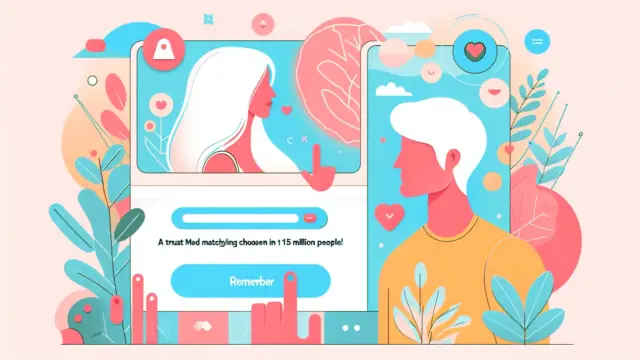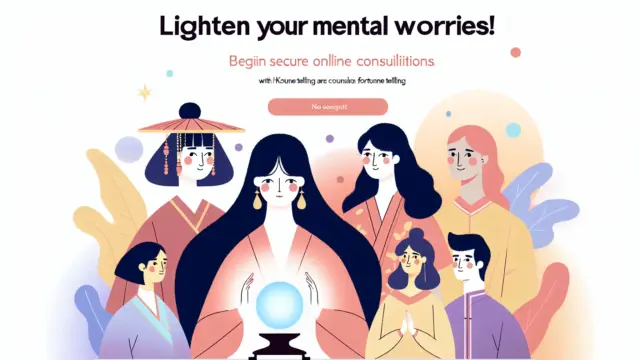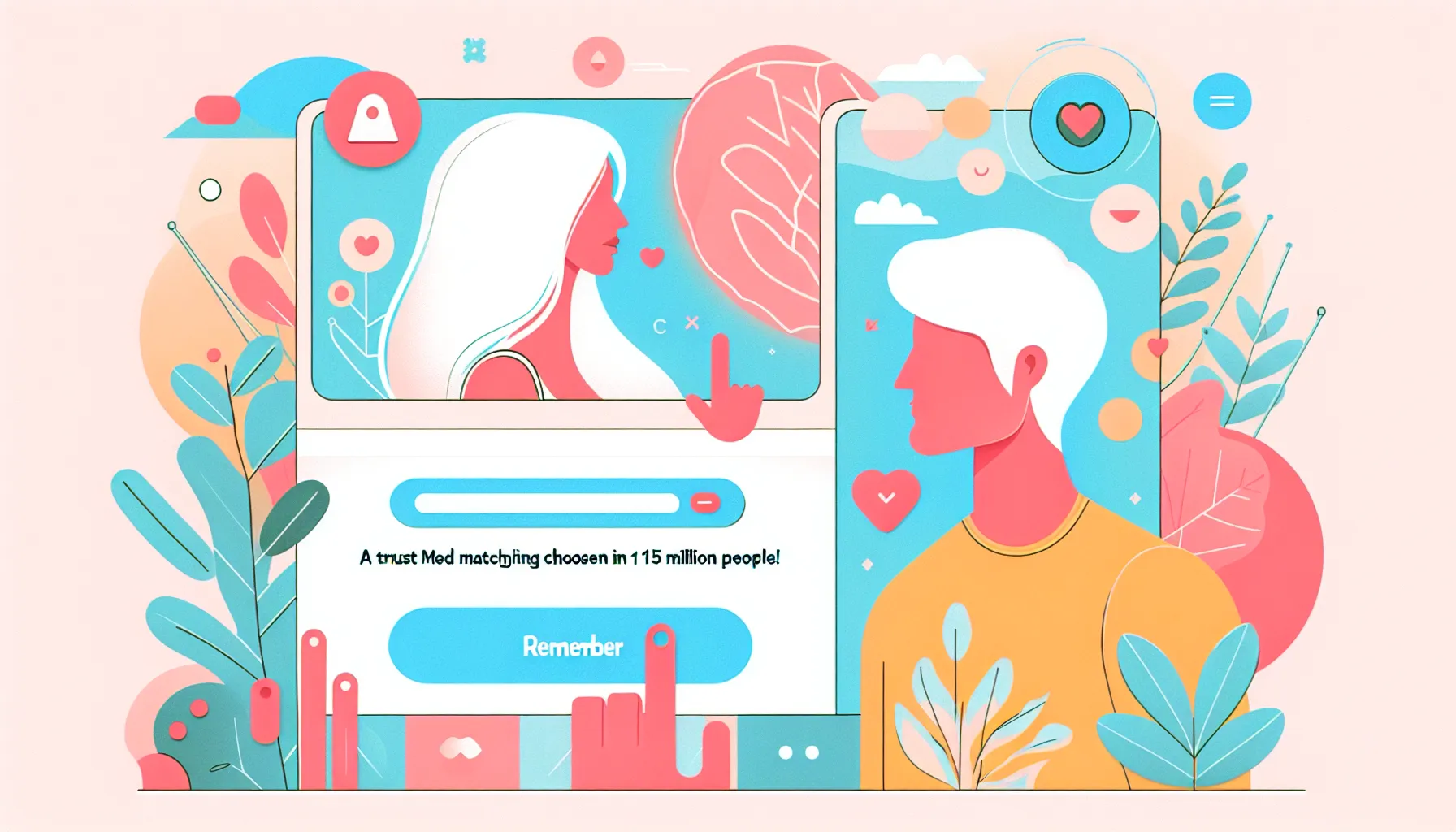Feeling frustrated with your partner can be incredibly challenging, especially when it seems like you’re both speaking different languages. It’s natural to experience moments of tension in a relationship, but understanding the roots of that frustration can be the first step toward healing. Whether it’s cultural differences or communication breakdowns, acknowledging these issues can open the door to deeper connections.
As we navigate the complexities of love and partnership, it’s essential to remember that frustration is often a signal rather than a barrier. By taking the time to reflect on our own feelings and considering our partner’s perspective, we can start to shift the dynamics in our relationship. This journey of understanding not only eases frustration but also strengthens the bond we share with our loved ones.
In this article, we’ll explore practical tips to help you overcome frustration with your partner. From improving communication to discovering new interests together, you’ll find strategies that can make your relationship not only more manageable but also more fulfilling. Are you ready to transform your relationship and turn frustration into connection?
- Discover why frustration arises in relationships and how cultural differences play a role.
- Learn effective communication techniques to express your feelings accurately.
- Find practical advice for strengthening your relationship through shared experiences.
Why Does Frustration Arise in Relationships?
Cultural Differences
Cultural differences can often be a source of misunderstanding and frustration in relationships. Each partner brings their own values, beliefs, and communication styles shaped by their background. Sometimes, what feels natural for one person may seem confusing or even frustrating to another. This is especially true when it comes to expressing emotions or resolving conflicts.
By taking the time to understand each other’s cultural backgrounds, you can create a more empathetic environment. It’s about recognizing that these differences are not necessarily barriers, but rather opportunities for growth and understanding. When both partners are willing to learn from one another, it can lead to a deeper appreciation of each other’s perspectives.
- Explore each other’s cultural backgrounds to foster understanding.
- Share personal stories that highlight your experiences.
- Embrace the uniqueness of each culture as a strength in your relationship.
Effects of Poor Communication
Poor communication can create a breeding ground for frustration. When partners struggle to express their needs or feelings clearly, misunderstandings can easily arise. It’s common to assume that our partner knows what we’re thinking or feeling, but this is rarely the case. Without open dialogue, both partners may feel unheard, leading to mounting tension.
Additionally, the way we communicate matters just as much as the content of our messages. Tone, body language, and choice of words can significantly impact how our messages are received. If one partner is feeling defensive or emotional, the reaction to what is being said may not reflect the intent behind the words. This can lead to further frustration and confusion.
To counteract these issues, consider practicing active listening. This means not just hearing the words your partner is saying but also interpreting their emotions and intentions. By validating each other’s feelings, you can create a safer space for open communication.
Moreover, establishing regular check-ins can help you both stay connected. Setting aside time to discuss feelings and concerns can prevent resentment from building up. Remember, it’s about creating a dialogue where both partners feel valued and understood.

If you’re intrigued by the dynamics of communication in relationships, you might find the insights in our article, Understanding the Psychology of Guys Who Invite You Out for Fun: How to Enjoy Your Love Life, particularly enlightening. This piece delves into the underlying intentions behind playful invitations and how they can impact relationship dynamics, further enhancing your understanding of effective communication.
- Make time for regular check-ins to discuss feelings.
- Practice active listening to enhance understanding.
- Use “I” statements to express feelings without blaming.
The First Step to Alleviating Frustration
Deepening Self-Understanding
To tackle frustration with your partner, the first step is often to look within. Understanding your own feelings is crucial. When you’re frustrated, it can be easy to point fingers, but reflecting on why you’re feeling this way can provide clarity. Are there unmet needs or expectations that you’re not addressing?
Taking the time to journal or simply sit quietly with your thoughts can help you connect with your emotions. This self-awareness not only allows you to articulate your feelings better but also prepares you for a more productive conversation with your partner.
- Set aside time for self-reflection to identify your feelings.
- Use journaling as a tool to explore your emotions.
- Acknowledge your needs and expectations in the relationship.
Importance of Considering Your Partner’s Feelings
While understanding yourself is vital, it’s equally important to consider your partner’s feelings. They might be experiencing their own frustrations, which could be influencing their behavior. Taking a moment to put yourself in their shoes can provide a fresh perspective.
Ask yourself questions like, “What might they be feeling right now?” or “How can I help them feel more understood?” This shift in focus can pave the way for more compassionate interactions. When both partners are aware of each other’s emotional landscape, it can foster a deeper connection and lessen frustration.
Moreover, discussing feelings openly can lead to a collaborative approach to resolving issues. Instead of viewing each other as opponents, you can become teammates working toward a common goal of harmony in your relationship. This approach encourages both partners to express their feelings safely, allowing for a more supportive environment.

For those looking to deepen their understanding of relationship dynamics, you might find it helpful to explore how different zodiac signs interact with each other. In this regard, the article “How Do Pisces and Aquarius Get Along? A Deep Dive into Love Secrets!” discusses the unique characteristics of these signs and offers insights into their emotional needs and interactions, which could further enhance your relationship.
- Practice empathy by considering your partner’s perspective.
- Engage in conversations about each other’s feelings regularly.
- Work together to create solutions that benefit both partners.
Techniques for Effective Communication
Nonviolent Communication
One powerful technique to address frustration with your partner is Nonviolent Communication (NVC). This method emphasizes expressing feelings and needs without blaming or criticizing. By focusing on what you feel and what you need, you foster a more empathetic dialogue. NVC encourages us to share our emotions honestly while being mindful of how our words may impact our partner.
When both partners practice NVC, it helps create a safe space where feelings can be shared openly. This approach reduces defensiveness and promotes understanding, allowing both individuals to feel heard and valued.
- Start by observing the situation without judgment.
- Share your feelings and needs using “I” statements.
- Request what you would like from your partner in a clear and respectful manner.
How to Convey Emotions Accurately
Conveying emotions accurately is essential in mitigating relationship issues. The way we express ourselves can significantly influence how our partner perceives our feelings. To start, it’s crucial to be specific about what you’re feeling. Instead of saying, “I’m upset,” try saying, “I feel anxious when plans change at the last minute.” This specificity allows your partner to understand the context of your emotions better.
Furthermore, non-verbal communication plays a huge role. Your tone of voice, facial expressions, and body language can all convey emotions that words alone might miss. Being aware of these cues can enhance your partner’s understanding and response. If you’re feeling particularly emotional, it might help to take a moment to breathe and gather your thoughts before speaking. This can prevent misunderstandings and help you express your emotions more clearly.
Lastly, remember to check in with your partner about how they perceive your expressions. Asking questions like, “Did I communicate that clearly?” can open up a dialogue about feelings and improve mutual understanding. This commitment to clarity can significantly reduce frustration and create a more harmonious atmosphere in your relationship.
- Be specific about your feelings to provide context.
- Pay attention to your non-verbal cues when communicating.
- Check in with your partner to ensure your message is understood.
Practical Advice for Strengthening Your Relationship
New Date Ideas
Sometimes, frustration with your partner can stem from the monotony of everyday life. When routines become predictable, it can be easy to lose that spark that brought you together in the first place. One way to reignite that flame is by exploring new date ideas that can add excitement to your relationship. Think about activities that challenge both of you or even take you out of your comfort zone.
Trying something new together can create shared memories and foster deeper connections. Whether it’s a cooking class, a hike in a new location, or even a dance lesson, these experiences can help you see each other in a different light. It’s about breaking away from the usual and making space for fun and adventure.
- Plan a spontaneous day trip to a nearby town or attraction.
- Explore local art galleries or attend a live music event.
- Create a themed movie night at home with snacks and decorations.
Finding Common Interests
Finding common interests can be a powerful way to bridge gaps in your relationship and ease frustrations. When both partners engage in activities that they genuinely enjoy, it fosters a sense of togetherness. It might take some exploration to discover what resonates with both of you, but the journey can be enjoyable in itself.
Start by having open conversations about hobbies and interests. Share what you love and ask your partner about their passions. You might be surprised to find that you both enjoy similar things or are open to trying something new together. This exchange can lead to finding a shared activity that brings joy to both of you.
Furthermore, incorporating these interests into your routine can help create a more balanced dynamic. Whether it’s a weekly game night, cooking meals together, or even starting a new fitness class, these activities can serve as a foundation for strengthening your bond. They not only provide opportunities for fun but also encourage teamwork and collaboration.
Remember, the key is to remain flexible and open-minded. It’s perfectly okay if you don’t share every interest. The goal is to find that sweet spot where you both feel engaged and connected. This mutual investment in each other’s happiness can help alleviate relationship issues and create an environment where both partners feel valued and appreciated.
- Have regular discussions about personal interests and hobbies.
- Set aside time each week to explore a new activity together.
- Celebrate each other’s achievements in shared interests to foster encouragement.
Summary: Transforming Frustration into Connection
In any relationship, frustration can often feel overwhelming, but it’s important to remember that it’s not the end of the road. By engaging in self-reflection and understanding both your own feelings and those of your partner, you can create a more empathetic and supportive atmosphere. This journey isn’t just about addressing issues; it’s about building a deeper connection that can ultimately enhance your relationship.
Additionally, practicing effective communication techniques, exploring new activities together, and finding common interests can help bridge the gaps that often lead to frustration. When both partners invest in fostering understanding and joy, the relationship can flourish, turning frustration into a shared opportunity for growth.
- Understanding your feelings and those of your partner can alleviate frustration.
- Effective communication techniques are essential for expressing emotions clearly.
- Engaging in new activities and finding common interests can strengthen your bond.
We’d love to hear your thoughts! What strategies have you found helpful in overcoming frustration in your relationship? Feel free to share your experiences in the comments below!









Comment